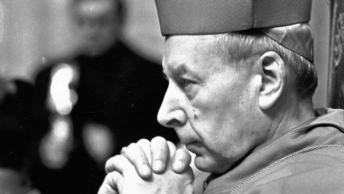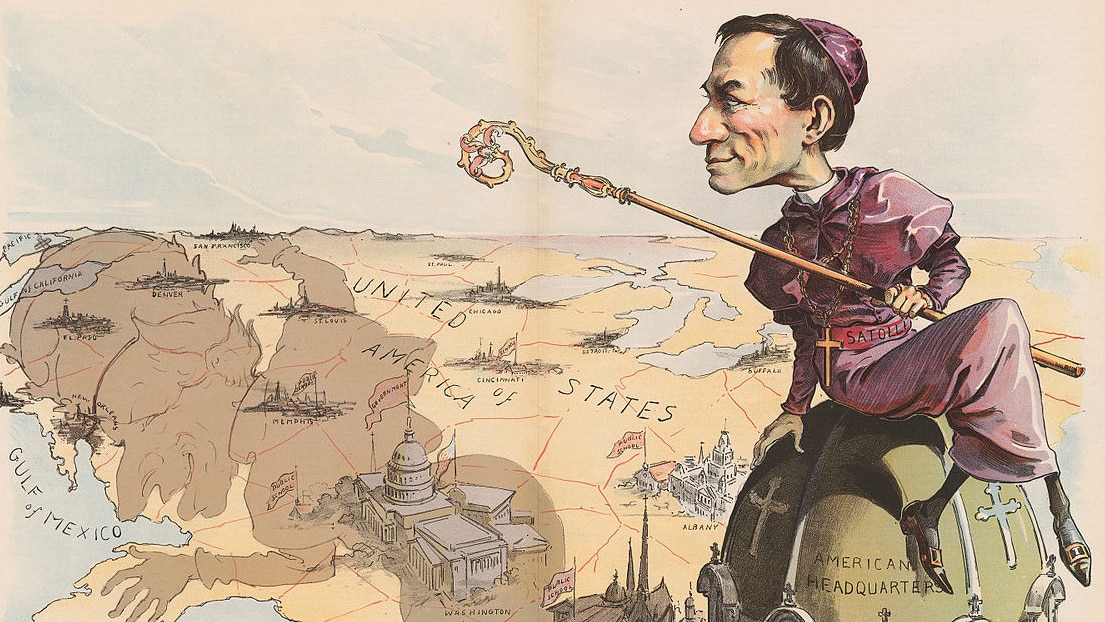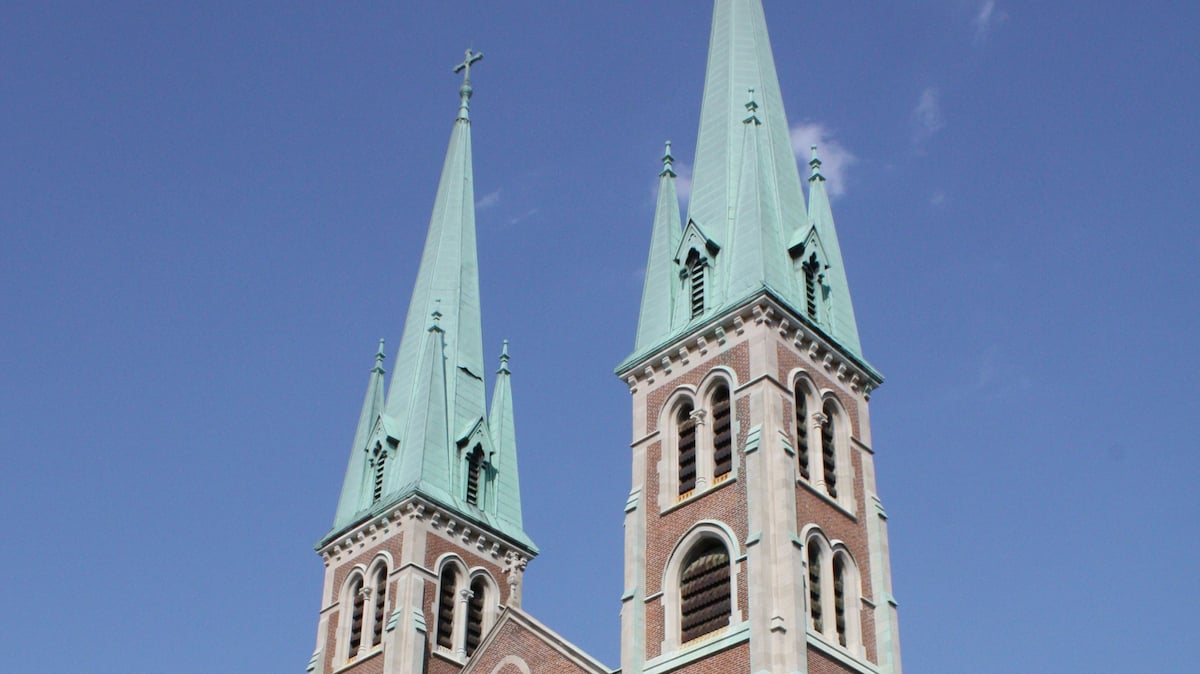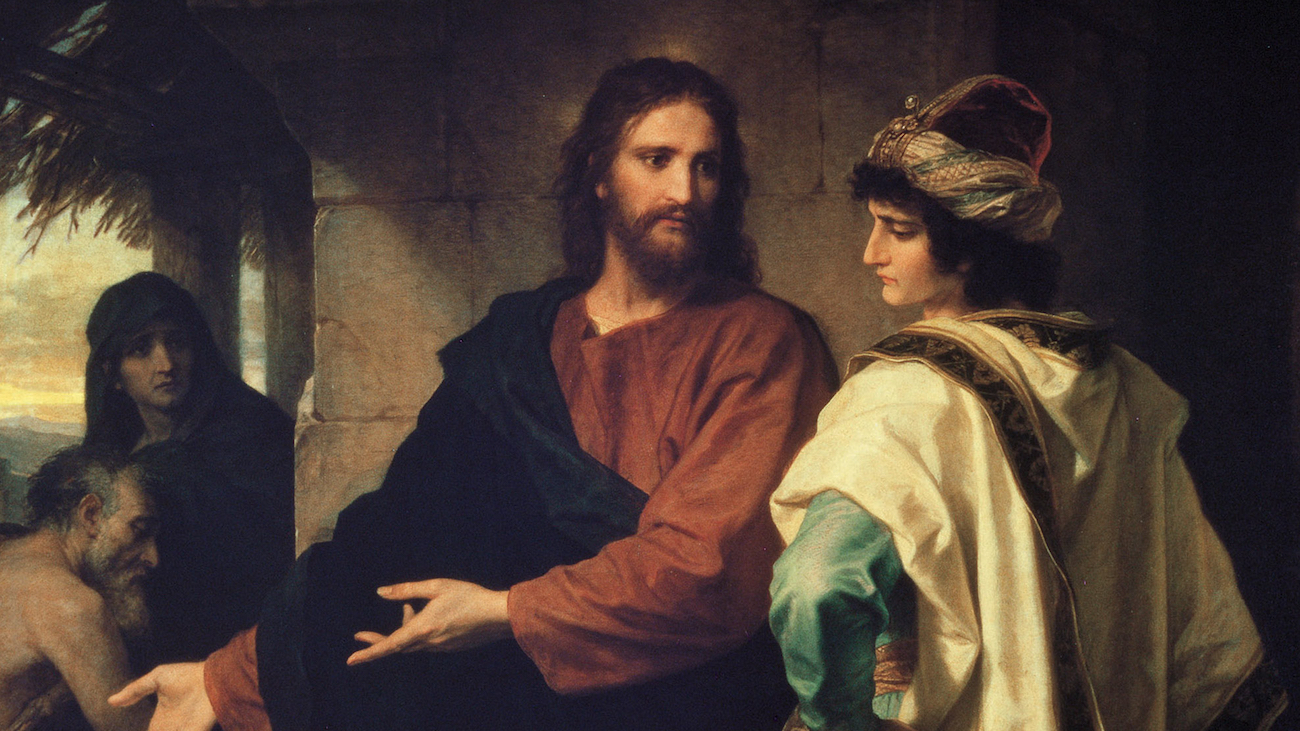In many Protestant churches, the Sunday closest to October 31 is known as “Reformation Sunday,” for it was almost 500 years ago, on October 31, 1517, that a former Catholic monk named Martin Luther began the so-called Protestant Reformation by nailing his 95 Theses, or points for debate, on a cathedral door. This was a common way of raising important issues for discussion, and at first Luther wasn’t seeking to establish a new religion, but to promote the reform of some very real abuses—but things quickly got out of hand. Pride and human sinfulness on the part of both sides soon took over, giving Satan a chance to worm his way into the process and manipulate events, and thus, the one true Church of Christ was torn by ill-feelings and division. God allowed this tragedy, but it’s His plan to reunite one day all the followers of Jesus once again under the leadership of the Pope, and this great event may well occur before most people expect—perhaps even before the 500th anniversary of the Reformation.
Many Protestants, of course, would find this idea inconceivable, especially as some of them—particularly fundamentalists—delight in accusing Catholics of supposedly violating biblical teaching. One of their favorite examples is contained in today’s Gospel, which gives Protestants the chance to say, “Why do you Catholics call your priests ‘Father,’ when Matthew 23:9 says ‘call no one on earth your father’?” What these challengers overlook is that in Luke 16:24 Jesus Himself speaks of “Father Abraham,” and that in 1 Corinthians 4:15 St. Paul calls himself a father of his many converts in a spiritual sense; also, they themselves almost certainly use the term “father” to refer to their own dads. Common sense, therefore, suggests that we focus on the larger point Jesus was making: our relationship with God must be rooted in humility, even as we obey legitimate religious authority. Luther and the other self-appointed reformers themselves failed to do this. If Jesus could order His followers to obey the sinful leadership of the scribes and Pharisees, how much more would He expect His later disciples to obey the leaders of His Church? Yes, there were many real abuses—though never in the Church’s official teaching; there were also ongoing efforts to correct them, even before the so-called Reformation. The Church is always in need of reform, and, through the Holy Spirit, is always reforming herself. Jesus wanted Luther and his comrades to be part of this process, remaining in the Church and working with humility and love to improve her; unfortunately, their initially-noble desire for reform was soon corrupted by personal pride and the greed of cynical politicians, and a great religious tragedy occurred.
In his arrogance, Luther ultimately felt each man could serve as his own pope, and each Christian could serve as his own interpreter of Scripture. The misinterpretation of the command to “call no one ‘father’” is only one of many examples of how easy it is, when cut off from the teaching authority of Christ’s One True Church, to go astray. Pride will always end up interfering with God’s will for us. The only way to be sure our love and our faith are authentic is through obedience to legitimate religious authority, and the only assurance our religious trust is well-founded is through profound humility in God’s sight.
God always places great emphasis on authority, while also stressing that those who hold authority will be held accountable by Him for the way they exercise it. Through the prophet Malachi He warned the priests of the Temple in Jerusalem that He would send a curse upon them if they continued failing to live up to the covenant with Him, and in the Gospel Our Lord issued a similar judgment on the scribes and Pharisees. Their authority, He said, was legitimate, but they were seeking their own glory, not God’s—and so they would be held accountable for this sin. This is contrasted with the authority exercised by St. Paul and the other apostles; as Paul says, their humility made it easier for the early Christians to accept their teaching not as not mere human words, but as the word of God.
Unfortunately, many Christians fail to understand this point. Proof of this lies in the fact that the largest single religious group in the United States consists of Roman Catholics; the second-largest religious group consists of ex-Catholics. If these former members of the Church actually understood what’s at stake, and humbly sought the truth, they would never have left. Because this is such an important issue, and because it’s so easy to lose sight of the truth, I want to emphasize a few basic points. First, Luther’s misguided teaching contains two central ideas that serve as the foundation of Protestantism: sola Scriptura and sola fide, Latin for “Scripture alone” and “faith alone.” Sola fide means we are supposedly saved only by faith, and that our good works aren’t necessary. The problem is that the only place in Scripture where the phrase “by faith alone” appears is James 2:24, which says we are not saved by faith alone—causing Luther to reject the Letter of St. James. Also, when he translated the Bible into German, to make it seem the Letter to the Romans supported his position, he dishonestly inserted the word “alone” into a passage there. In regard to the idea of sola Scriptura—the idea we shouldn’t believe anything unless it’s found in the Bible—nowhere does the Bible itself make such a claim, but there are many biblical passages supporting Church authority and tradition. Also, if each believer can decide for him or herself what the Bible means—as Luther claimed—Church unity becomes impossible. Proof of this lies in the fact that almost 500 years after Luther’s attempt to create a new church, there are now over 30,000 different Protestant denominations, each insisting its own interpretation of Scripture is correct. We as Catholics are spared this logical absurdity. We have the magisterium, or authentic teaching authority of the Church; we have a hierarchy, or structure of leadership, dating back to St. Peter and the apostles, who were commissioned by Jesus Himself; we have all seven sacraments, plus many sacramentals and devotions. None of this is reason for pride or complacency—especially as some Protestants are personally holier than many Catholics, and as Heaven contains room for people of every religion who truly wish to serve and honor God. Nevertheless, we must be grateful for our Catholic heritage, while remembering that much will be demanded of those to whom much is given. If we remain humble, and if we remain committed Catholics, our salvation is assured—and this is something to celebrate not just one Sunday a year, but every day of our lives.








